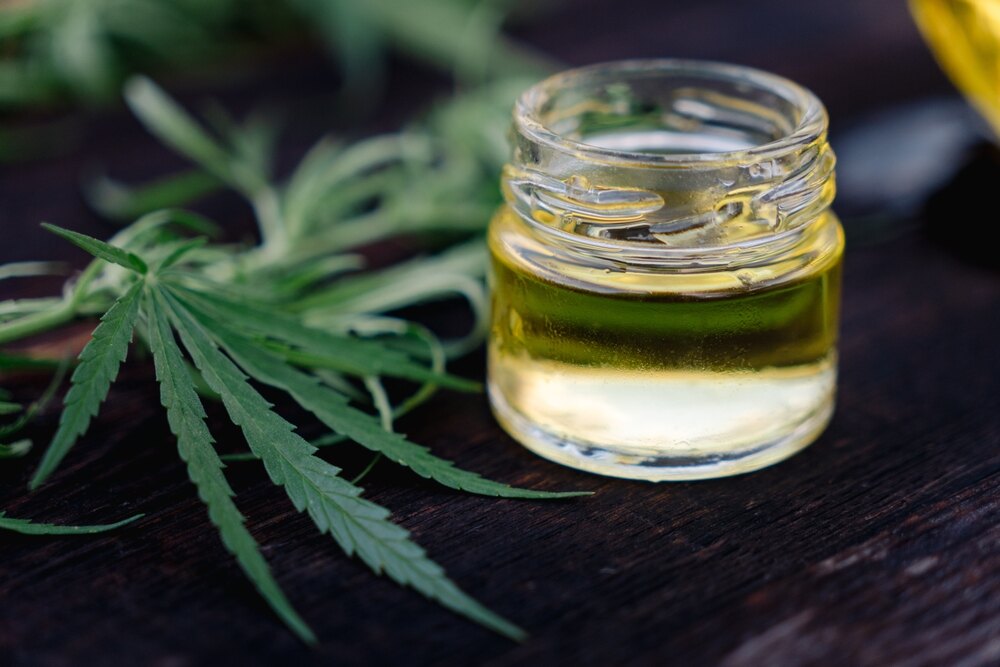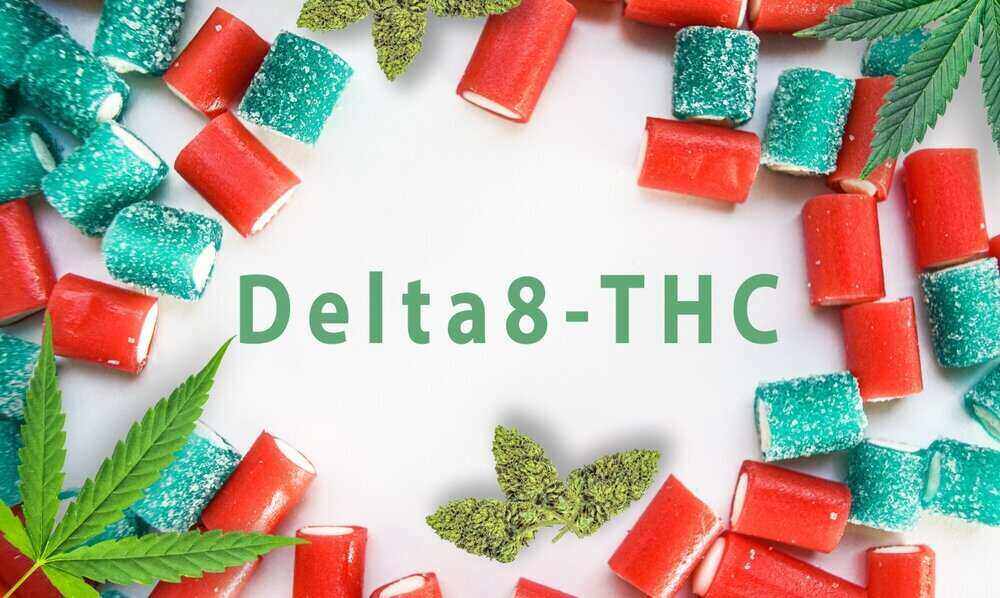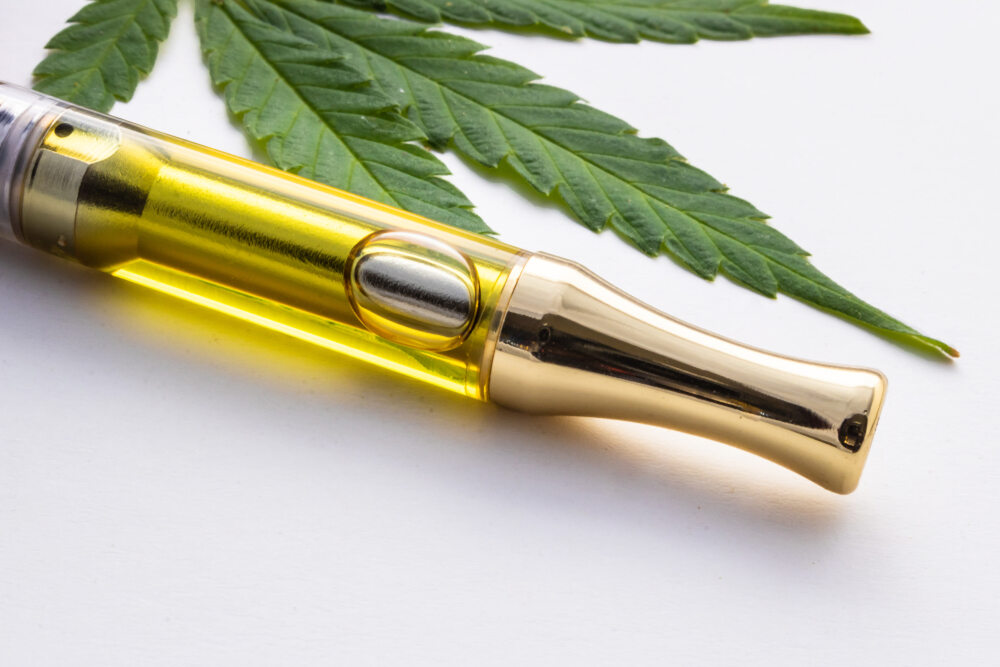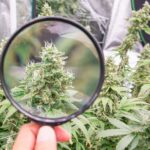The Best Fluffy Pancakes recipe you will fall in love with. Full of tips and tricks to help you make the best pancakes.

Is weed legal in Texas?
Cannabis laws in Texas are a patchwork of contradictions, gray areas, and constantly shifting interpretations. If you’re confused about what’s legal and what’ll get you cuffed in the Lone Star State—you’re not alone. Whether you’re a casual consumer, a medical patient, or someone curious about cannabinoids like delta-8 or THC oil, it’s essential to know where Texas stands today. As a cannabis breeder who’s been watching these laws evolve across the country, I’ll walk you through how things really work in Texas.
Let’s break it down so you can understand your rights, risks, and what may be on the horizon for weed in Texas.
Texas cannabis laws: recreational vs medical
Legal status of recreational marijuana
Recreational weed is illegal in Texas. Straight up. The state hasn’t passed any laws allowing adults to use cannabis for personal or non-medical reasons. If you get caught with it, you’re stepping into criminal territory.
Texas classifies marijuana (anything with over 0.3% delta-9 THC) as a controlled substance under Penalty Group 2. Even small amounts can land you in jail. Here’s what you’re looking at:
- Under 2 oz: Class B misdemeanor, up to 180 days in jail and $2,000 fine
- 2–4 oz: Class A misdemeanor, up to 1 year in jail and $4,000 fine
- Over 4 oz: Felony charges start here, and it only gets uglier
This means lighting up in public or growing even a single plant for personal use is a legal risk in Texas.

Texas Compassionate‑Use Program (medical marijuana)
Medical cannabis is technically legal, but it’s limited—and I mean really limited. The Texas Compassionate-Use Program (TCUP) allows patients to access low-THC cannabis oil, which by law must contain no more than 1% delta-9 THC. You’re not getting flower, edibles, or vapes legally through this program—only oil-based products.
To qualify, you must have one of the approved medical conditions, including:
- Incurable neurodegenerative diseases
- Epilepsy
- Multiple sclerosis
- Terminal cancer
- PTSD (as of 2021)
- Autism
Even then, you need a physician who’s registered with the state’s Compassionate-Use Registry. The program is narrow, and access points are sparse. As a grower, I can tell you firsthand—this system isn’t helping many patients. But it’s a start.

Hemp vs marijuana: definitions & regulations
What counts as legal hemp (< 0.3% Δ⁹‑THC)
Here’s where things get tricky—and where people start catching charges they didn’t expect. In 2019, Texas legalized hemp under House Bill 1325. Hemp is defined as cannabis containing less than 0.3% delta-9 THC by dry weight. Anything over that threshold is considered marijuana and illegal.
This means products like CBD oil, hemp flower, and hemp-derived topicals are technically legal—as long as that THC level stays under 0.3%. But here’s the rub: law enforcement often doesn’t have the field testing tools to measure that difference on the spot.
So while hemp is legal, you still run into legal issues if a cop thinks your CBD flower smells like weed. I always recommend carrying a Certificate of Analysis (COA) from a third-party lab if you’re transporting hemp products around Texas.
Delta‑8, delta‑9, delta‑10 cannabinoids and Texas rules
Texas hemp laws opened the door to a booming delta-8 industry. Delta-8 THC is a psychoactive cannabinoid derived from hemp, and for a while, it was legal by default. You could buy delta-8 gummies, vapes, and tinctures at smoke shops across the state.
That changed in 2021 when the Texas Department of State Health Services tried to ban delta-8, calling it a Schedule I substance. Lawsuits followed. Retailers fought back. As of now (summer 2025), the legal status of delta-8 in Texas is still unresolved—it exists in a gray area.
- Delta-8: Under legal challenge, not clearly banned but targeted
- Delta-9: Legal under 0.3% hemp threshold (e.g., microdose gummies)
- Delta-10 and others: Face similar scrutiny but not outright banned yet
As a breeder, I’ve seen more hemp strains designed to boost minor cannabinoids like delta-8, CBG, and THCV to navigate these laws. But make no mistake: Texas is gunning for anything that gets you high.

Penalties for cannabis possession and distribution
Misdemeanors and felonies for marijuana possession
Possession penalties in Texas vary based on weight. They escalate quickly, so even casual users should be aware of the numbers.
- Less than 2 oz: Class B misdemeanor
- 2–4 oz: Class A misdemeanor
- 4 oz to 5 lbs: State jail felony (180 days to 2 years in jail)
- 5–50 lbs: 2nd degree felony
- 50–2,000 lbs: 1st degree felony
If you’re caught distributing or selling—even gifting—marijuana, expect harsher penalties. You could be charged with intent to distribute even for possessing baggies and scales. Texas isn’t messing around.
Texas THC oil and vape penalties by amount
Concentrates are a different beast. Under Texas law, THC oils and vape cartridges fall under Penalty Group 2—same as ecstasy or LSD.
That means having a single vape pen or THC cartridge could result in a felony charge.
- Less than 1 gram: State jail felony
- 1–4 grams: 3rd degree felony
- 4–400 grams: 2nd degree felony
- Over 400 grams: 1st degree felony (up to life in prison)
Even a dab or two of wax can land you a felony. As someone who’s worked with extracts for years, I can tell you—THC oil laws in Texas are some of the harshest in the country.
Local cite‑and‑release and diversion programs
That said, some Texas cities are easing up. Municipalities like Austin, Dallas, and San Antonio have introduced cite-and-release policies for small amounts of marijuana. Instead of arresting you, they issue a ticket and schedule a court date.
These programs aren’t statewide and don’t legalize cannabis—but they reflect shifting attitudes. In Travis County, there’s even a “First Chance” program that lets first-time offenders avoid jail by taking a drug education class.
So while state law remains strict, local authorities are trying to stop clogging the courts with minor possession charges.

Recent and pending legislation on THC products
Senate Bill 3 and SB 5: proposed bans on intoxicating hemp derivatives
In 2025, Senate Bill 3 aimed to ban all intoxicating hemp derivatives in Texas—delta-8, delta-10, THC-O, and high-dose full-spectrum products. SB5, a related bill, sought to further restrict synthetic cannabinoids.
These bills would’ve shut down much of the hemp-derived THC market, forcing retailers to either reformulate or shut down. For those of us in the cannabis industry, it was a full-court press against innovation.
Governor Abbott’s veto of SB 3 and current stance
Governor Greg Abbott surprised many by vetoing SB3 in June 2025. He cited concerns about overregulation and protecting small businesses. His veto letter emphasized that the legislature shouldn’t block access to all hemp-derived products without clearer health data.
Abbott’s veto doesn’t mean he supports delta-8 or legal weed—it just means the fight isn’t over yet. Legislators will likely revise and reintroduce similar bills in the next session.
How new laws may affect delta‑8 gummies and edibles
If a future version of SB3 passes, delta-8 gummies and edibles could be banned outright. Retailers may have to reformulate to isolate non-intoxicating cannabinoids like CBD, CBG, or CBN.
Some possible outcomes for consumers and brands:
- Stricter labeling and lab testing requirements
- Bans on products that get users high
- Increased enforcement of “synthetic cannabinoid” bans
As a breeder, I expect more innovation around natural genetics to boost cannabinoids without relying on synthetic conversions. Watch for strains bred to naturally express trace delta-8.
What the future holds: reform efforts & industry response
Proposed legalization bills (HB 447, SB 140, HB 1208) for adults 21+
There’s momentum toward legalization, but it’s slow. Bills like HB 447 and SB 140 proposed legalizing recreational cannabis for adults 21 and over, including regulated retail sales and home cultivation.
HB 1208 would have expanded the Compassionate-Use Program by raising the THC cap and widening eligibility. None of these bills passed, but each session brings more support.
You’re seeing pressure from both sides—voters who support reform and lawmakers resistant to change.
Legal challenges and lawsuits (e.g. hemp companies, Ricky Williams)
The legal gray area around delta-8 and hemp has triggered a wave of lawsuits. Retailers have sued the state over enforcement crackdowns, while advocacy groups push for broader access.
Even celebrities are involved—former NFL player and cannabis advocate Ricky Williams has backed hemp education efforts and medical access lawsuits in Texas.
The cannabis legal landscape here is like a tug-of-war between grassroots activism and conservative policy.
Economic impact on hemp industry and patient access
Texas has one of the largest hemp markets in the U.S. According to recent industry data, hemp-derived cannabinoids generated hundreds of millions in revenue.
If bans are passed, the economic consequences will be felt by:
- Smoke shops and wellness retailers
- Local hemp farmers
- Lab testing facilities
- Medical patients who rely on full-spectrum products
As a grower, I’ve worked with farmers who pivoted from cotton to hemp, only to face legislative whiplash. The inconsistency of Texas law makes it hard to build a stable cannabis economy.
Conclusion
Weed is not legal in Texas—not for fun, and barely for medicine. But that doesn’t mean the state isn’t inching toward change. Between hemp loopholes, delta-8 skirmishes, and vetoed bans, Texas is at a legal crossroads.
If you’re consuming cannabis in Texas—be smart, stay informed, and always check the latest on local enforcement. Laws are changing fast, and what’s legal today could get pulled tomorrow.
From a breeder’s perspective, I see opportunity in the chaos. Change is coming, even if Texas takes the long road to get there.




